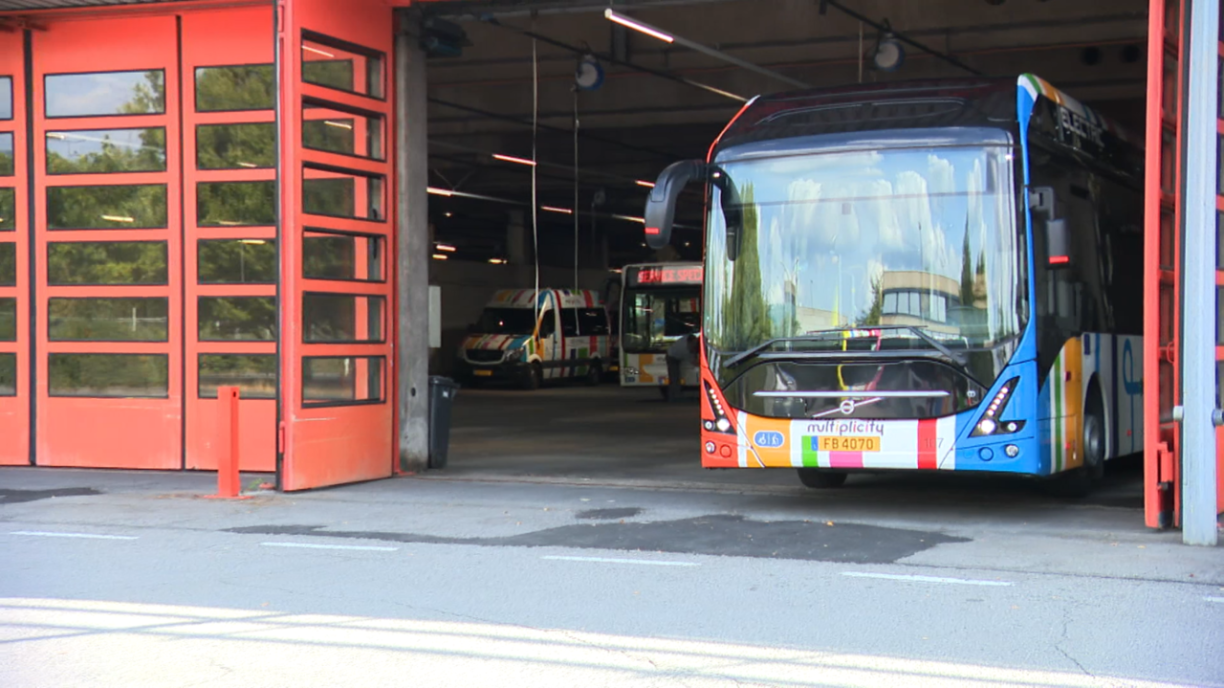
AVL currently has 23 electric buses, while another 15 have been ordered, representing about a quarter of the fleet. By 2025, all standard buses and by 2030 all articulated buses should run on electric power.
While the EU directive almost forces this change, the AVL sees the transition to electric as a positive thing. In their opinion, electric buses have a big advantage over diesel-powered models.
Lex Bentner, head of AVL, explains that the downtime of electric buses is significantly lower than that of diesel buses, which means that an electric bus travels more kilometres on average than a diesel bus before returning to the workshop for maintenance. In addition, electric buses are much quieter and more comfortable for passengers.
As far as the range of the buses is concerned, it depends mainly on how they are recharged. At present, the AVL relies on ‘Opportunity Charging’, which means that buses are always charged to about 75 to 100 percent at their end station with a pantograph. However, they are aiming for a different method in the future.
The idea is to move from opportunity charging to night charging. This has the great advantage that the bus is recharged at night and can be driven all day, without having to build an extra charging station near terminals. This would save both cost and time.
At the current Bouillon site, there is sufficient electricity available for overnight charging and the necessary capacity has already been reserved at Creos.
The price of an electric bus is around 550,000 euros, which is more expensive than a diesel bus, but at the same time, the operating time of an electric bus is longer.